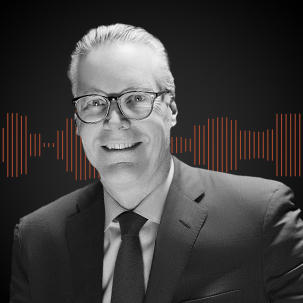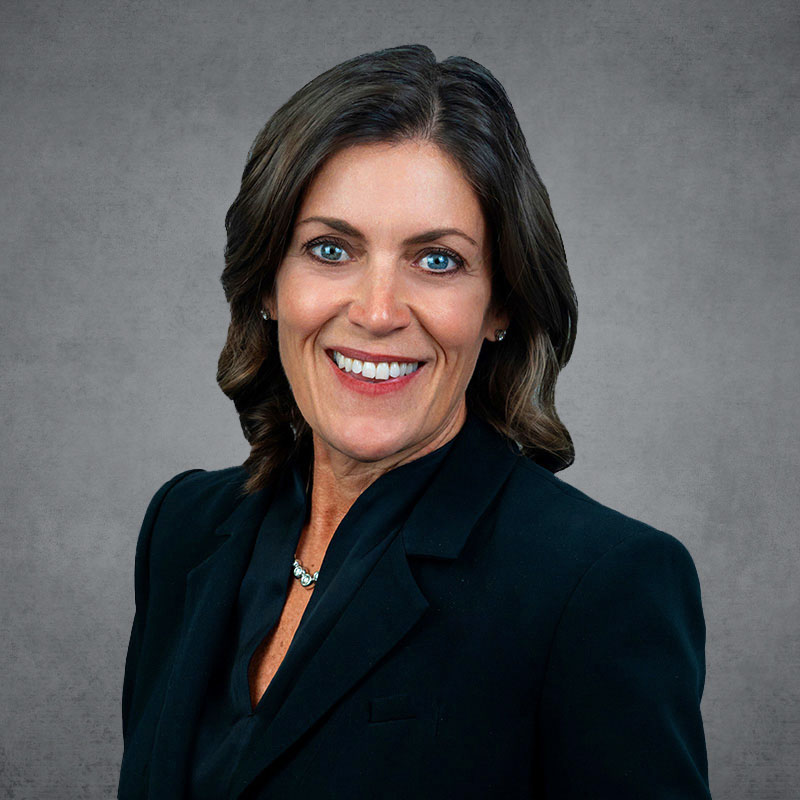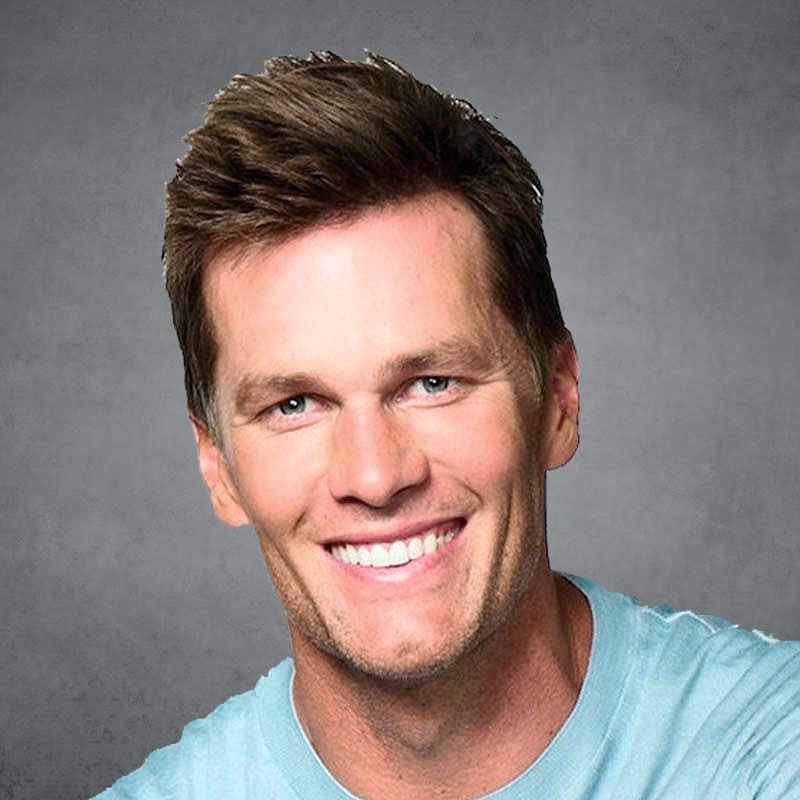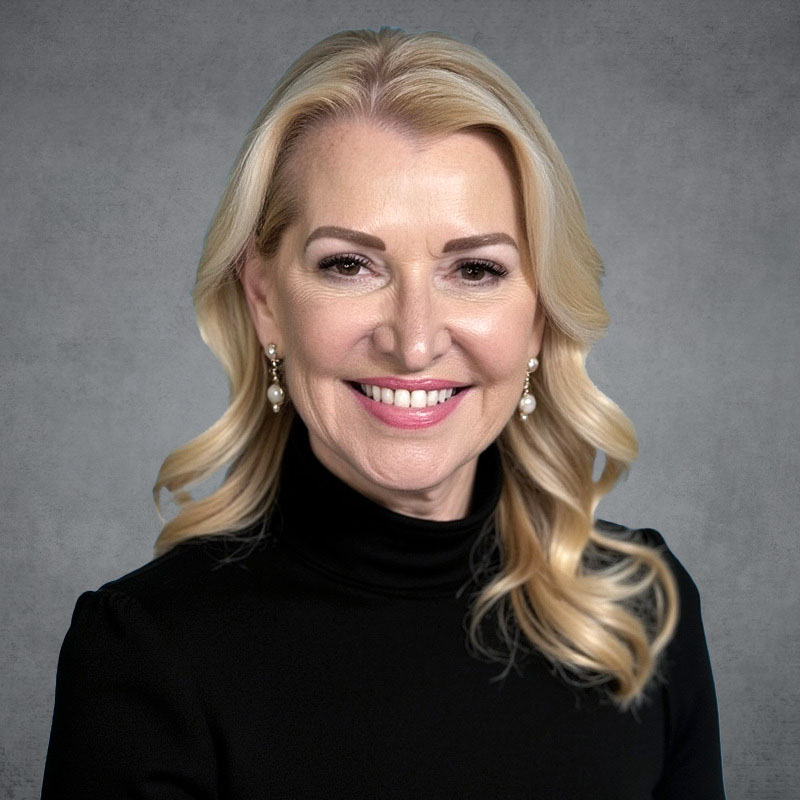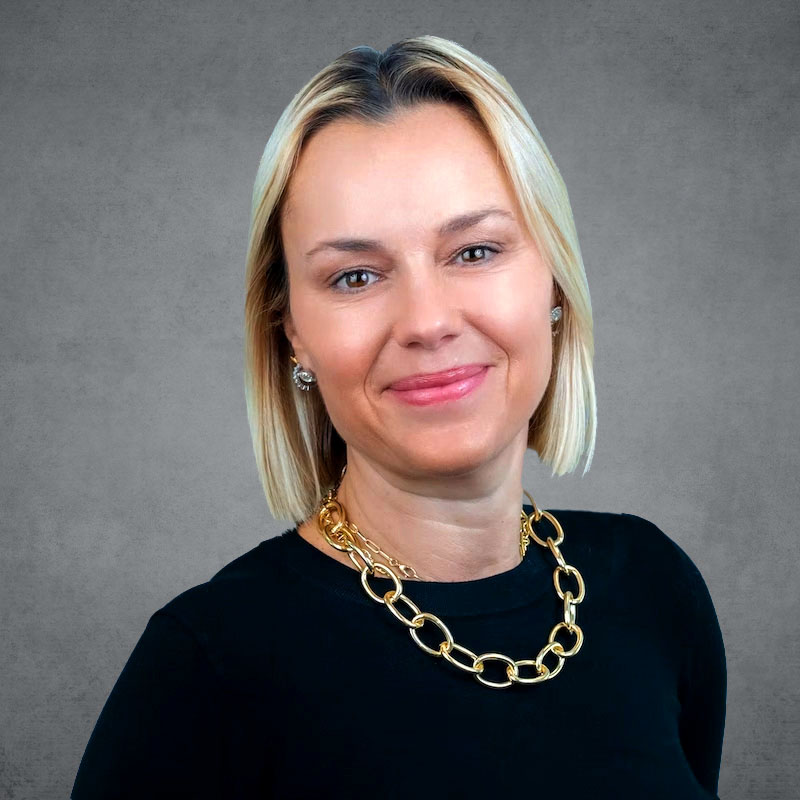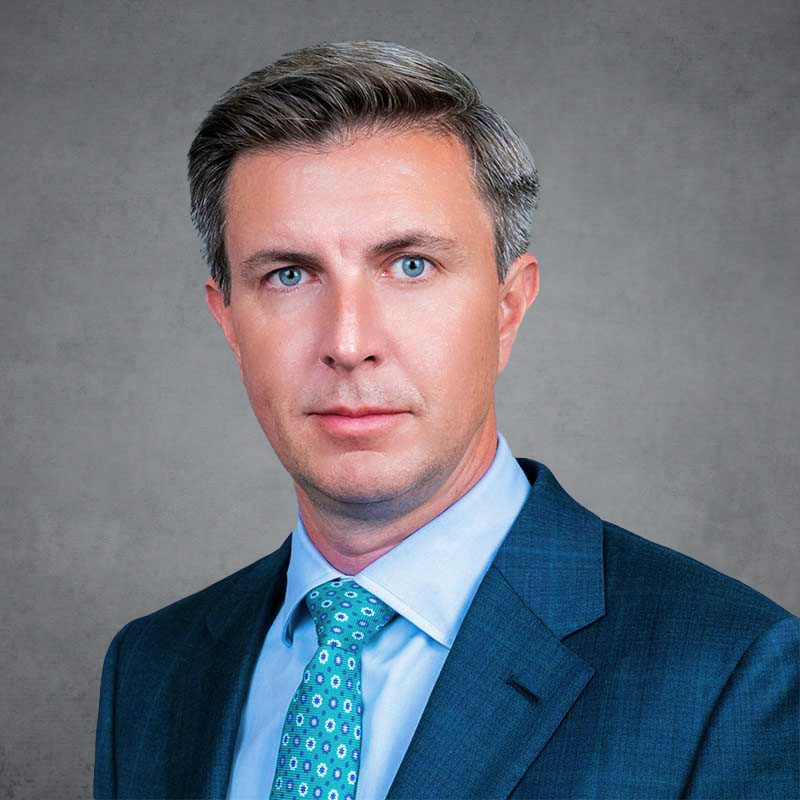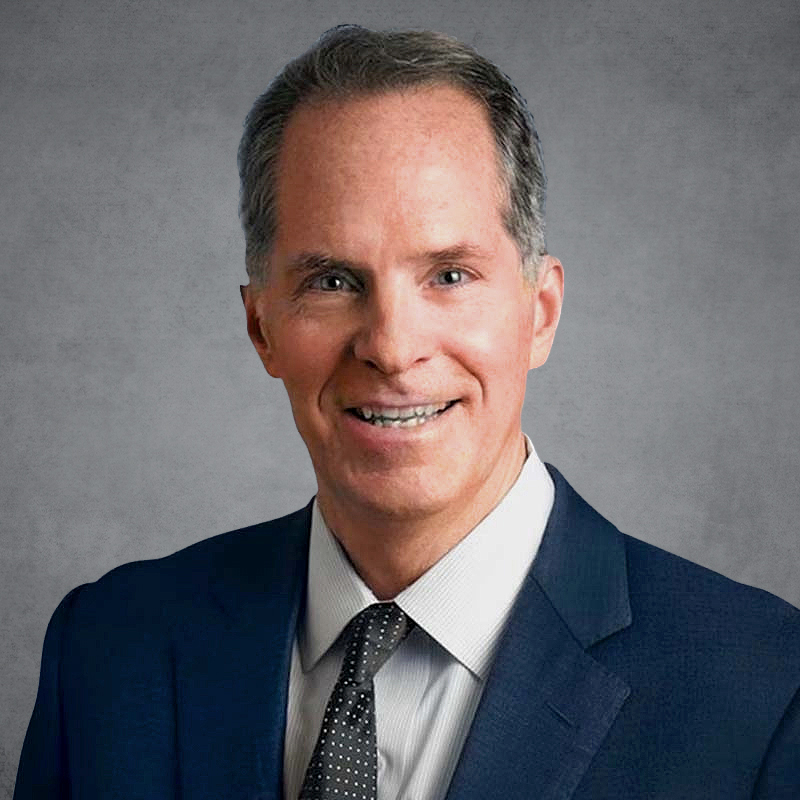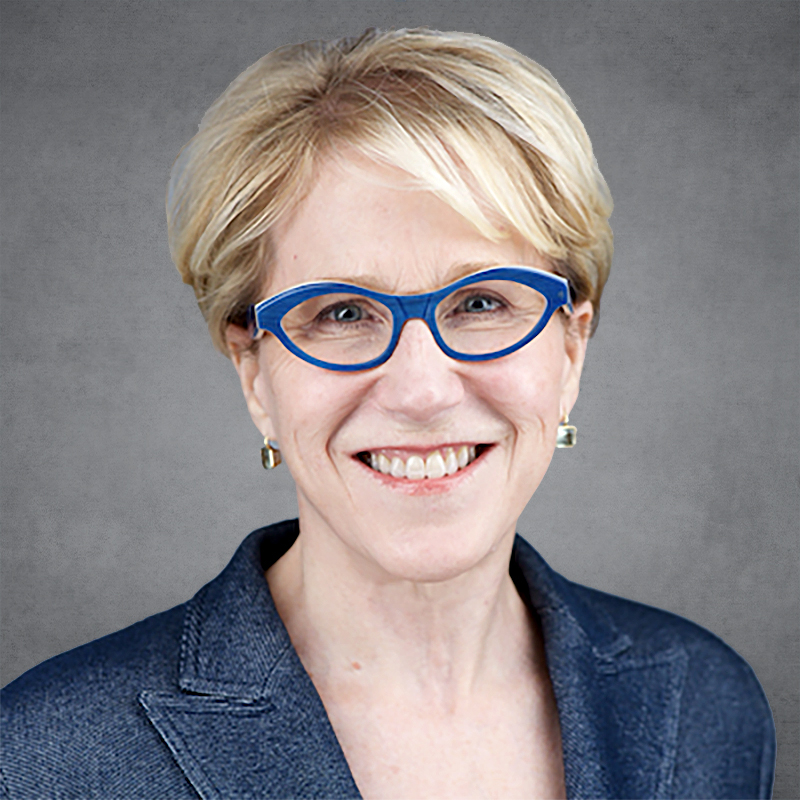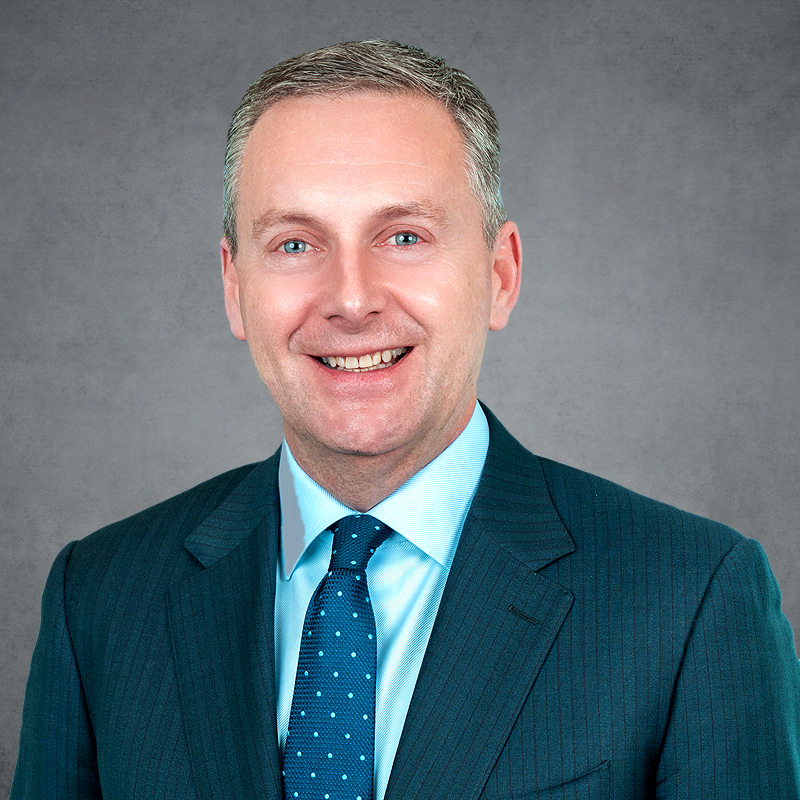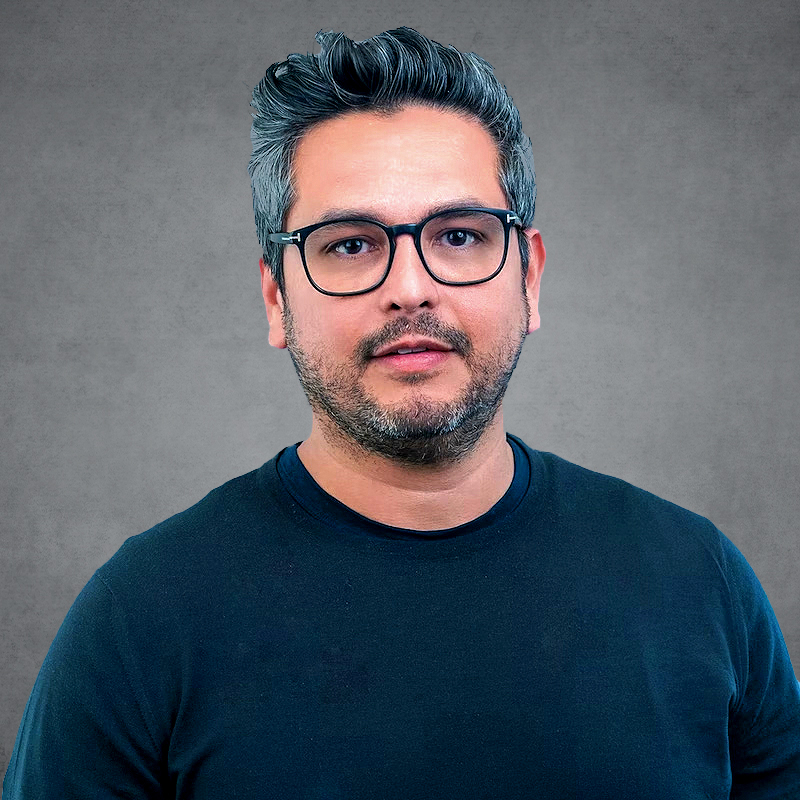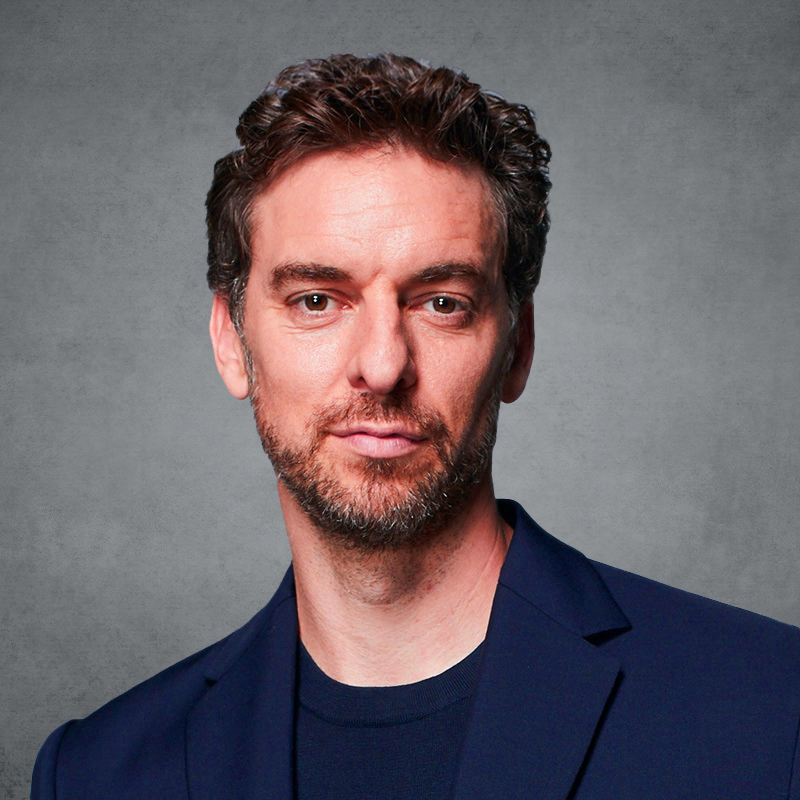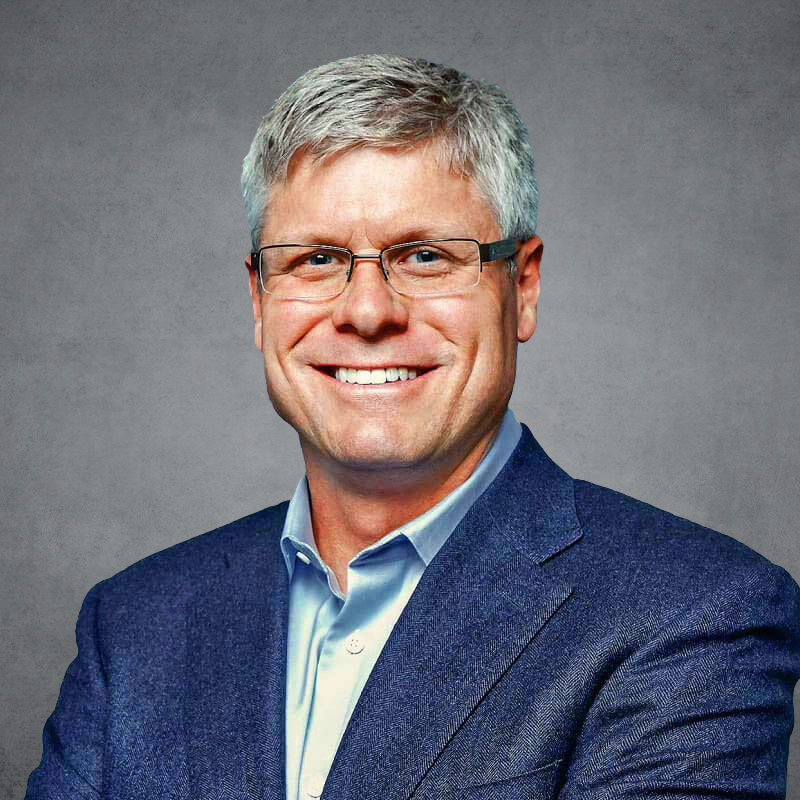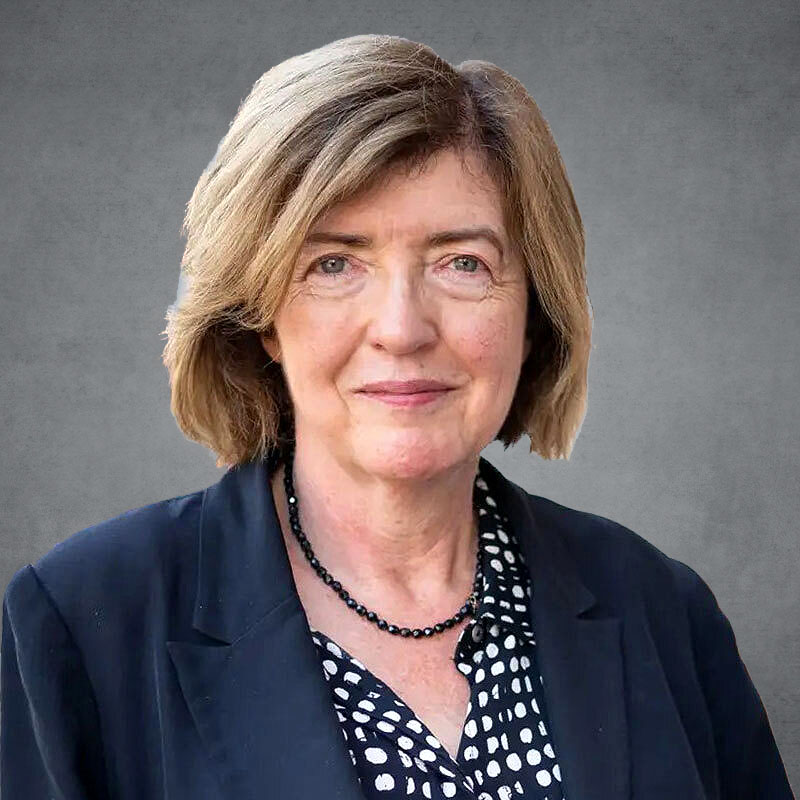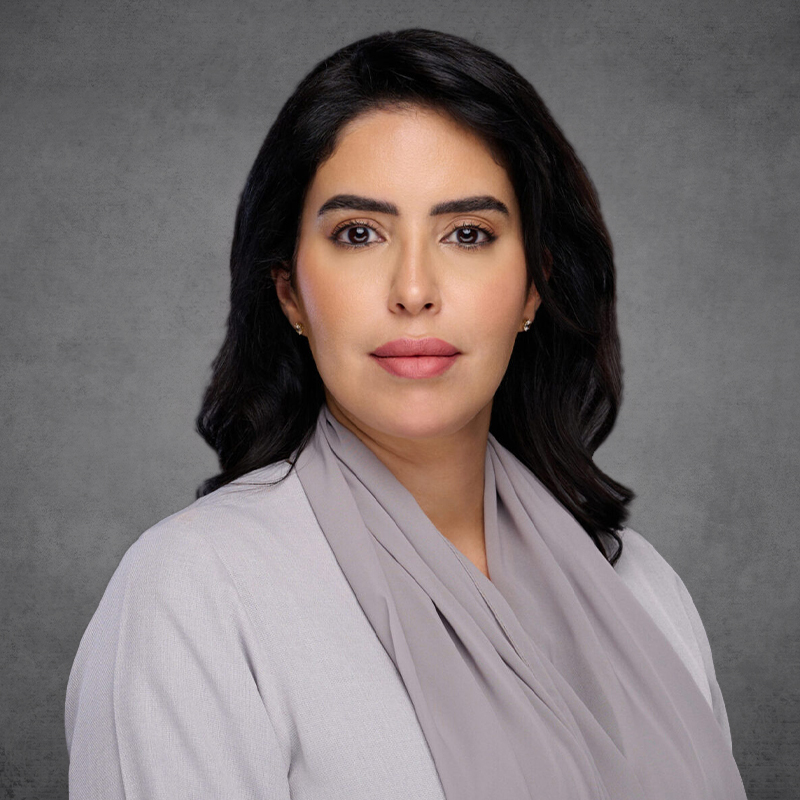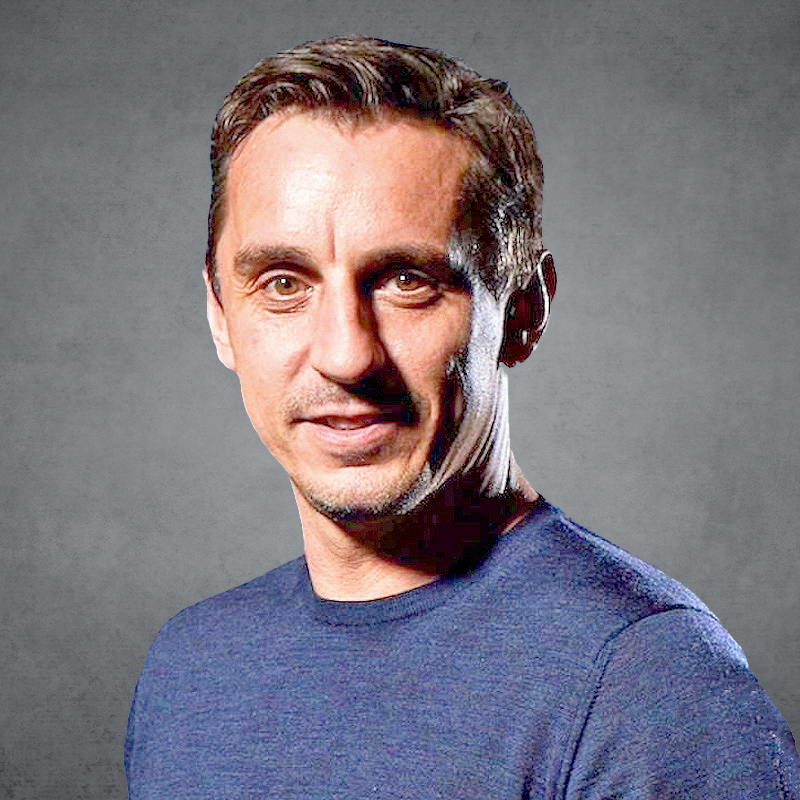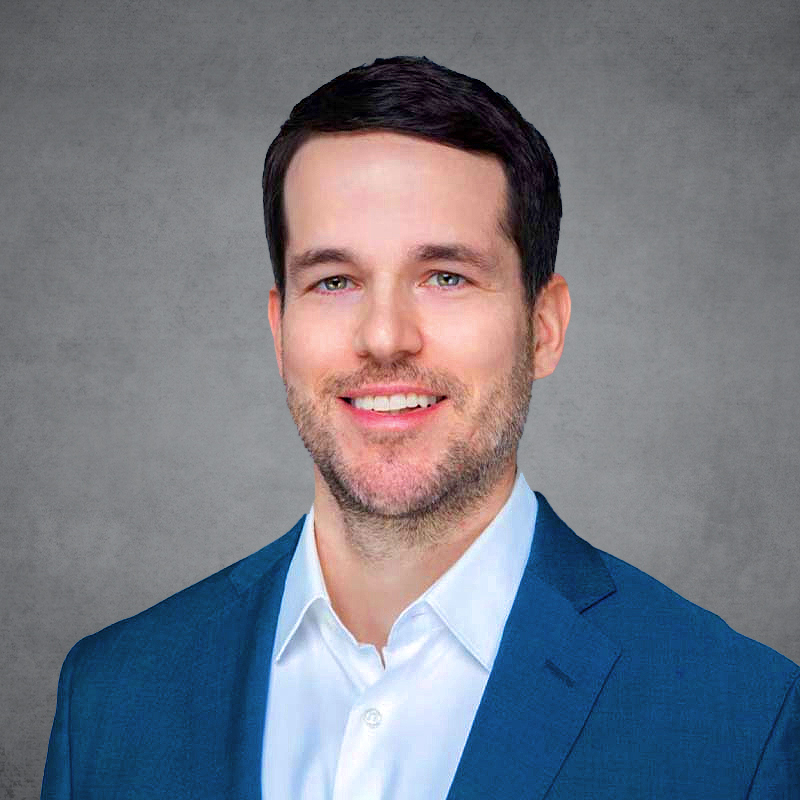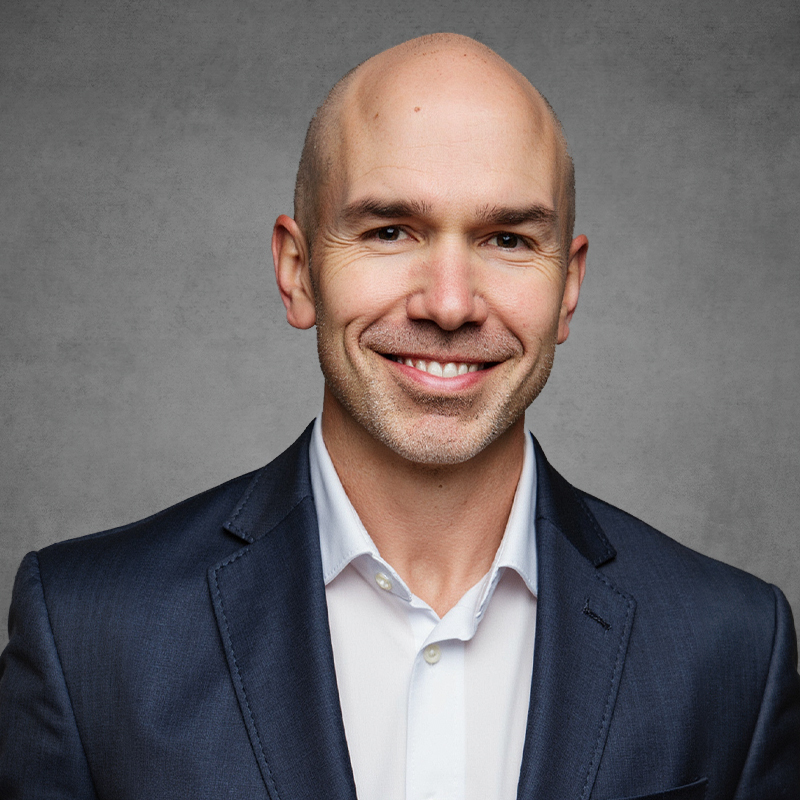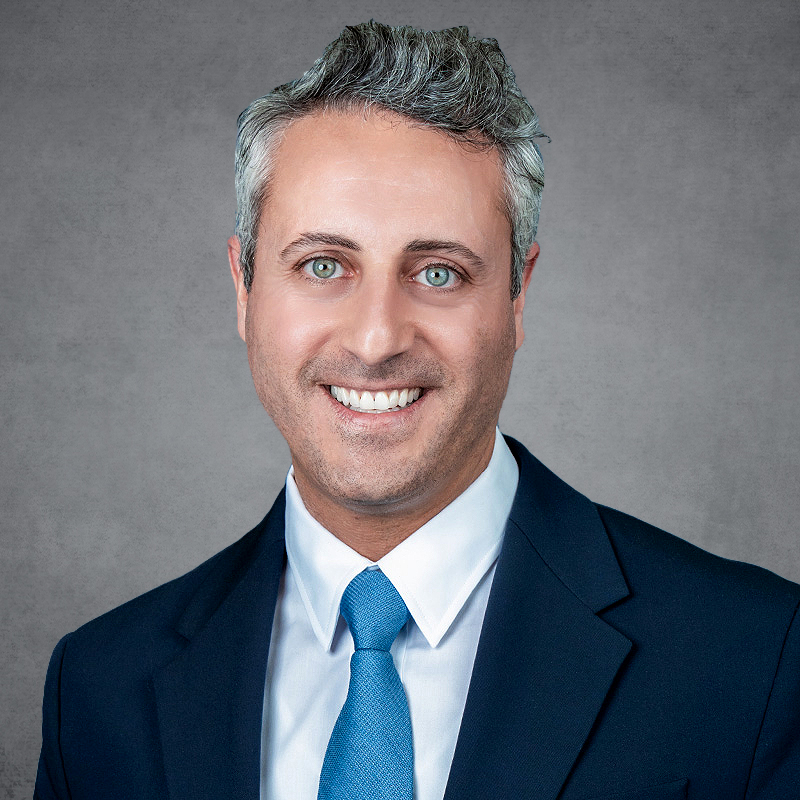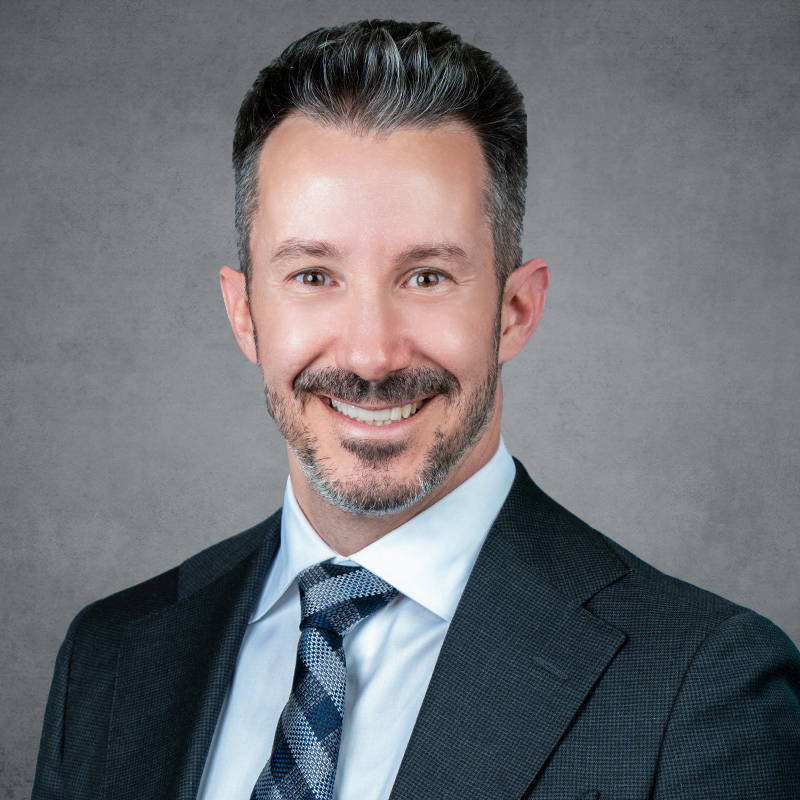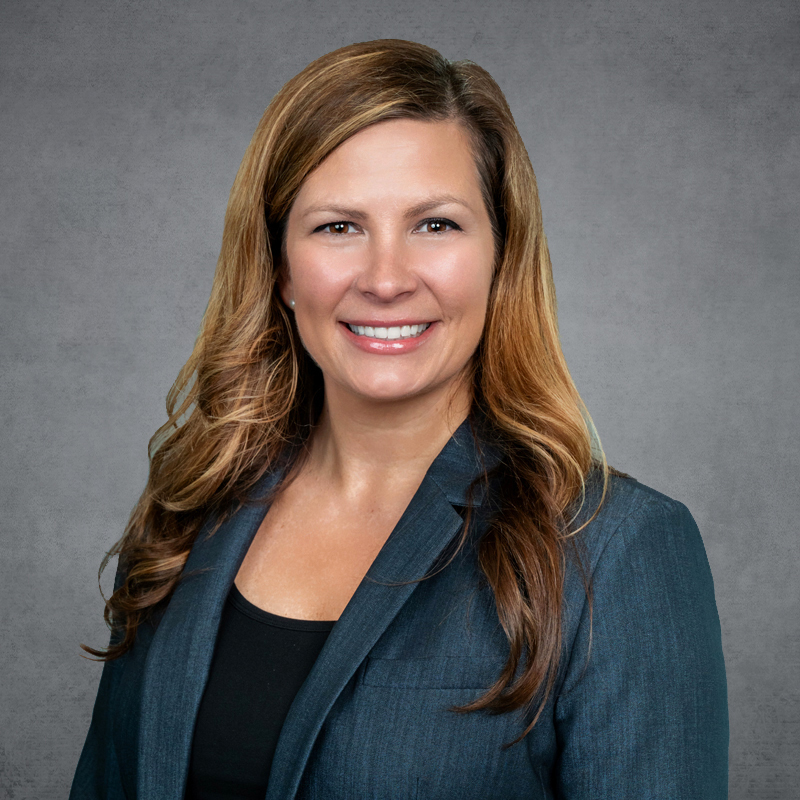Weathering the Storm: Leading Through Crisis


Executive Perspectives
QWhat is your leadership philosophy and how does this translate into how you run Delta?
I consider my role as Delta’s CEO to be the highest calling of my life, and the most important part of my job is taking care of Delta people. We’ve been a people-focused company since our founding nearly a century ago, with a firm belief in the “virtuous circle” – if we take care of our people, they’ll take care of our customers, whose business and loyalty will in turn reward our investors and other stakeholders. While that’s easy to say – and many do – in practice it’s tough to do. That philosophy truly affects every decision we make. We’re doing incredible things across the business but at the end of the day, it’s our people who are our number one asset. We can never forget that.
Q All leaders were, at one point or another, mentees. Can you talk about some of your mentors? What impact did they have on your career? What were the most important lessons you learned from them?
I’ve been blessed with many incredible mentors over the years who’ve believed in me and helped make me who I am today. One particularly poignant lesson that comes to mind from recent years is from Frank Blake, a legendary business leader who is our board Chairman. During the darkest days of the pandemic, which had decimated our business, he reminded me that crises don’t build character – they reveal it. That helped guide many of the difficult decisions I faced during that time and helped me stay grounded in our company values and character. It helped me focus on who we wanted to be on the other side of what otherwise was a blinding storm. A few of my other role models are Ambassador Andrew Young, former Delta CEO Jerry Grinstein and my mother. I’m incredibly grateful for the strong bench of mentors I’ve had throughout my life and career.

In the early days of the pandemic, we were forced to pull down nearly our entire operation as travel demand vanished essentially overnight. Our people had so many questions about what was next. They were looking to our leaders for guidance, but the reality was, we didn’t have all the answers. But we had the confidence of knowing we were going to figure it out.
- Ed Bastian | CEO, Delta Air Lines
Q It’s been a rollercoaster in the last three years when it’s come to demand for air travel. How have you navigated, stayed ahead of trends and communicated with your stakeholders to keep things operating smoothly?
In the early days of the pandemic, we were forced to pull down nearly our entire operation as travel demand vanished essentially overnight. Our people had so many questions about what was next. They were looking to our leaders for guidance, but the reality was, we didn’t have all the answers. But we had the confidence of knowing we were going to figure it out. In Jim Collins’ book Good to Great: Why Some Companies Make the Leap… and Others Don’t, he writes about Admiral Stockdale, a prisoner of war for eight years during Vietnam and how he survived thanks to his constant, relentless confidence that he would make it out paired with the realistic expectation that it could take longer than expected. It’s called the Stockdale Paradox, and it’s that steely-minded resolve, paired with the ability to confront the brutal facts in front of us, that got us through the pandemic at Delta and kept our team moving forward.
Fast forward to today, we’re seeing the highest demand levels in our company’s history. There’s absolutely no playbook for that. We’ve learned a lot along the way, particularly as we’ve ramped back up to meet the surge in demand. One important lesson we’ve learned is to not get ahead of ourselves, and the importance of honest and transparent communication, including not being afraid to admit when we’ve missed the mark. So much work has gone into meeting this historic level of demand. We’ve hired more than 25,000 new employees, we’ve invested heavily in digital tools to help both our customers and employees meet their needs, and we’ve doubled down in our commitment to providing a more seamless travel experience that prioritizes well-being so that flying is just as enjoyable as getting to the destination.
Q How is Delta capitalizing on newfound mobility from consumers looking to travel? And how have you positioned yourself to travelers who might not have considered you before the pandemic and created loyalty among this group?
As travel demand has returned, we’ve seen a shift in the way our customers travel, particularly when traveling for business. There’s a lot more mobility today. What we’d consider our more traditional business travelers are often no longer in the office five days a week. They’re taking advantage of that flexibility to go on long weekends or to work from different locations. All that benefits our industry with a new piece of business we’ve never seen before. Meanwhile, we’re doubling down on our SkyMiles loyalty program and giving customers more reasons than ever to be a part of the program, with valuable experiences not just on the days they travel but in their everyday lives. We continue to bring in partners like Starbucks so our customers can earn miles while they sip their coffee. And we’re investing in things like free and fast Wi-Fi so our customers can stay connected from takeoff to touchdown. These are real differentiators that elevate the travel experience and keep our customers coming back to us, time and time again.
Q 25,000 of your employees are new hires. How have you built a culture and – in an industry where safety is paramount – maintained your operations with so many new faces?
Safety is core to everything we do, and that’s foundational to our entire industry.
You won’t see us compete on safety – all the airlines in this country are safe, and we work and learn together to ensure the safety of every single customer on every single flight. With so many new members of our team, we have been investing heavily in training our new people across the business, always stressing safety from day one as the top priority of our culture. And we empower our leaders and team members to take time to slow down and instill a safety-first mindset. Every Delta employee knows that they are empowered to take the necessary steps – including slowing or halting the operation – to address a safety issue. I tell them that all the time, and that I always have their back on safety decisions. Our number one focus is to ensure our employees return home in the same physical shape they came to their job.
And on that note, the pandemic also put a spotlight on health and well-being, and at Delta, it gave us an opportunity to rethink how we approach things for our people. We hired our first – for our industry, not just Delta – Chief Health and Wellness Officer, Dr. Henry Ting, and we’ve invested heavily to make sure we’re taking a holistic approach that includes the physical, emotional and financial well-being of our workforce. We’ve introduced many new tools and resources to help Delta people and their families be at their very best. One program that’s been particularly well-received is our Emergency Savings Program that we introduced in partnership with Operation HOPE. Research shows that more than half of our country lacks the funds to cover a $1,000 emergency, which is extremely concerning. Through our program, Delta people can receive $1,000 set aside in an emergency savings account – all we ask is that they complete a financial education course first. We’ve been blown away by the take rate. We had more than 20,000 people apply in the very first month. With stronger financially literacy and the peace of mind of a safety net, our team can worry less and focus on what matters most to them.
Q You’ve had success in making high-risk decisions at critical moments in the last few years. What can other business leaders learn about processing information and taking decisive action in these moments?
The biggest piece of advice I’d give to other leaders who experience turbulent times is to stay true to your values and purpose. For us during the COVID crisis, that meant putting people first, no matter how tough times got. That was our lens for decision-making. It’s why we kept our middle seats blocked longer than any other airline, even when we could have made more money by opening things up sooner. It was a decision about putting people over profits. Those types of decisions will stand the test of time and will influence how our customers feel about our brand for years to come. It’s a matter of trust and knowing that we’ll do the right thing. And we blocked those seats not just to instill confidence in travel back with our customers, but to serve our employees, as well – who didn’t want to work crowded flights during COVID any more than our customers wanted to be on them.
This people-first mindset is also the reason we took the time for a hard look inward in the wake of George Floyd’s murder and the global reckoning over racial injustice. We did a lot of soul-searching during that time. We realized that while we’d made some strides in diversity, we weren’t where we needed to be. The face of the company, particularly in our leadership ranks, didn’t properly reflect the customers and communities that we serve. That’s when we really accelerated our work to close opportunity gaps and advance diversity, equity and inclusion within our workforce. At the time, it would have been easy to turn the other way and focus on our business given the pressing challenges of the COVID crisis. But we didn’t. We took time to listen, understand and set actionable goals. And the company is better for it.
Q What does it mean to you to think globally? How are you integrating with local markets to achieve success outside of the U.S.?
There’s no question that our future is global. We know the U.S. marketplace is already fairly constrained. There’s just not that many new places to fly. But the world at large is our real opportunity. We’ve built industry-leading partnerships with airlines across Europe, Asia and Latin America to help enable that growth. And there’s no doubt that the investments we’re making at home will contribute to that momentum as well. Take Seattle as an example. We’ve grown to become Seattle’s largest global airline, flying to more international destinations than any other carrier. We’ve also grown our presence in places like Boston to make it a premier hub and international gateway. We’re already seeing demand for international markets starting to outpace what we saw pre-pandemic. Customers are eager to make up for lost time and travel to new destinations they might have taken for granted in the past. It’s been exciting to see the world open back up and I’m incredibly optimistic about what’s ahead.
Q What did it mean to start from almost square one post-pandemic? What can business leaders learn about building momentum from seemingly nowhere?
Even in our darkest hours, I never lost faith that we’d get through to the other side. I knew we’d be back, stronger than ever. Some days were harder than others, but even if we didn’t know exactly how we were going to get there, we always knew where we wanted to go. So we continued to invest in things like airport infrastructure, moving our technology to the cloud and getting to free Wi-Fi. One silver lining of the pandemic is that we were able to accelerate certain projects, like our airport transformations, taking advantage of the down time to move things up years ahead of schedule. Our brand-new facilities in cities like Los Angeles, New York and Salt Lake are giving our customers a more modern, elevated experience from curb to gate. Customers who haven’t traveled with us in a while are in for quite the surprise.
Q For a business that has achieved as much success as Delta – despite the rising odds presented in the last three years – how can you keep your team motivated and encourage them to drive forward?
One way we keep our team engaged is by ensuring they share in the success they make possible. Profit sharing has been an important part of our culture for many years, and it’s more important now than ever. It’s more than just a check, it’s an acknowledgement that Delta people are our greatest asset. Since 2010, we’ve paid our more than $9.2 billion in profit sharing directly to Delta people, including nearly $6 billion in the five years leading up to the pandemic. This means that when the company does well, our 90,000 people across the globe share directly in the rewards. It creates wonderful alignment between our people, our customers and our owners. We’ve also invested in our people with two pay increases within the last year – a well-deserved recognition of their hard work and dedication through a particularly challenging time for our industry. Delta people are the best in the business and they should be rewarded accordingly.
We also invest heavily in communicating and engaging with our people. When you have 90,000 employees across the globe, it can be a challenge to keep everyone focused on our overarching goals. So we use tools like virtual and in-person Town Halls, our internal intranet and social media platforms, and big employee events in multiple cities that we conduct throughout the Spring and Fall. And there are also the smaller interactions that can make a difference – whenever I travel, I spend a lot of time listening to Delta people on our planes, at the ticket counters, in crew rooms and on the ramp. All of our leaders invest time in connecting with our frontline employees. We’re constantly talking about our culture and shared values, and how it applies to our everyday work and responsibilities. The result is that our people feel a close connection with the company and the leadership, and we can align on our priorities and goals, and everyone knows that our success will be shared across the company. It takes a lot of work, but it’s powerful.
Q Q. Where do you think the future of air travel is headed? What is the next big thing you are most excited about?
The future of travel involves a more connected journey – one where digital and physical experiences come together seamlessly. I’m proud of the work our teams have done to bring free, fast Wi-Fi to our customers so that they can stay connected at 30,000 feet. This was no small feat. It took years of work to ensure an experience that is fast, reliable and similar to what customers have available on the ground. We didn’t want to introduce free Wi-Fi just to offer a base-level service – we wanted it to transform the entire onboard experience. Free Wi-Fi will enable a more personalized journey, including an ecosystem of experiences like in-flight food and beverages on demand, curated content recommendations, and personalized, exclusive offers from brands our customers know and love. We’re truly just getting started. And all of this is fueled by our Delta people worldwide. Their warmth and professionalism paired with this technology is such a powerful combination. It will make every step of the travel journey more meaningful and personal as we move forward. I’m also excited about innovative new technologies and partnerships that are still on the horizon. We recently invested in an eVTOL company called Joby to pioneer a home-to-airport transportation experience for our customers. While we’re still many months away, this is the type of seamless, premium experience that our customers can look forward to in the future.
Q Looking to the future, how will the qualities of a leader change? What will be the most important qualities for the next generation of leaders?
We live in a time of great division. There’s a lot of distrust and uncertainty in society, but the reality is we’re more alike than we are different. The world needs leaders who will seek to unite, not divide. Not just individuals with great technical prowess, but those with the ability to lead with empathy and break through that which seeks to drive us apart. The next generation of leaders must recognize that we’re stronger together, and we must rely on each other to reach new heights.
The views and opinions expressed herein are solely those of the individual authors and do not necessarily represent those of The Consello Group. Consello is not responsible for and has not verified for accuracy any of the information contained herein. Any discussion of general market activity, industry or sector trends, or other broad-based economic, market, political or regulatory conditions should not be construed as research or advice and should not be relied upon. In addition, nothing in these materials constitutes a guarantee, projection or prediction of future events or results.
